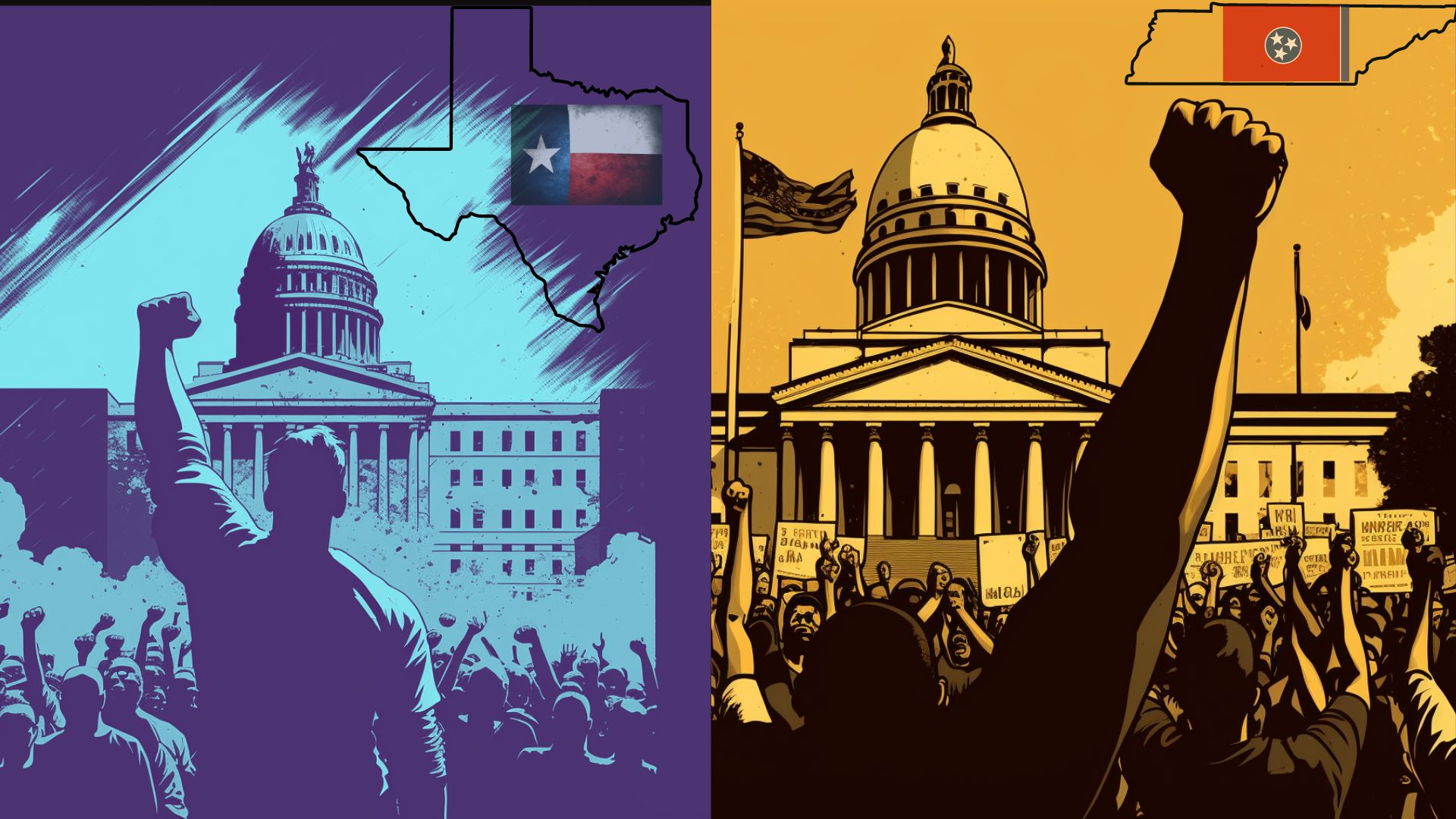The Tragic Case of Garrett Foster
Former Air Force veteran and Black Lives Matter protestor Garrett Foster was killed by Army Sergeant Daniel Perry in July 2020. In a recent interview with Davey D of Hard Knock Radio, activist and organizer Debbie Russell discussed the case and Perry’s recent conviction.
Foster regularly participated in BLM protests in Austin with his fiancée Whitney Mitchell, who uses a wheelchair and carried an AK-47 rifle for self-defense. Perry approached the intersection where the protest was taking place and allegedly accelerated toward the demonstrators. Foster approached Perry’s car with his rifle, and Perry fired five shots, striking Foster three times and killing him.
Perry claimed that he turned onto the street accidentally and was confronted by Foster, who approached his car with his rifle. However, the prosecution presented evidence that Perry had been the aggressor and that Foster never pointed his rifle at Perry.
Challenges for Activists and Organizers
During the interview, Russell pointed out that Perry had often expressed his dislike for BLM protestors and had stated his intention to harm them. She also expressed her disappointment with the justice system, citing the fact that Perry was able to bond out of jail immediately after the shooting, while Mitchell was charged with obstructing a roadway and had to spend the night in jail.
Russell noted that it took a lot of hard work and organizing to bring about Perry’s conviction. However, Texas Governor Greg Abbott has vowed to pardon him, which has spawned widespread condemnation and protests.
Suppression of Voices of Dissent
Later in the show, Tanya Clay House, a civil rights strategist and executive director of the Hip Hop Caucus, spoke about the ousting of lawmakers Justin Pearson and Justin Jones in Tennessee. Both men were ousted for leading protests calling for gun control laws in the aftermath of a mass shooting that left several school children and teachers dead.
Clay House argued that the ousting of these lawmakers is part of a broader effort to suppress voices of dissent and uphold the status quo. She called on lawmakers to do more to protect the rights of all citizens, particularly those who are most vulnerable to discrimination and oppression.
Conclusion
The interviews shed light on the ongoing struggle for civil rights in America and the challenges that activists and organizers face in advocating for change. It is crucial that all citizens support grassroots movements and amplify the voices of those who are often ignored or silenced in political debates.


Leave a Reply